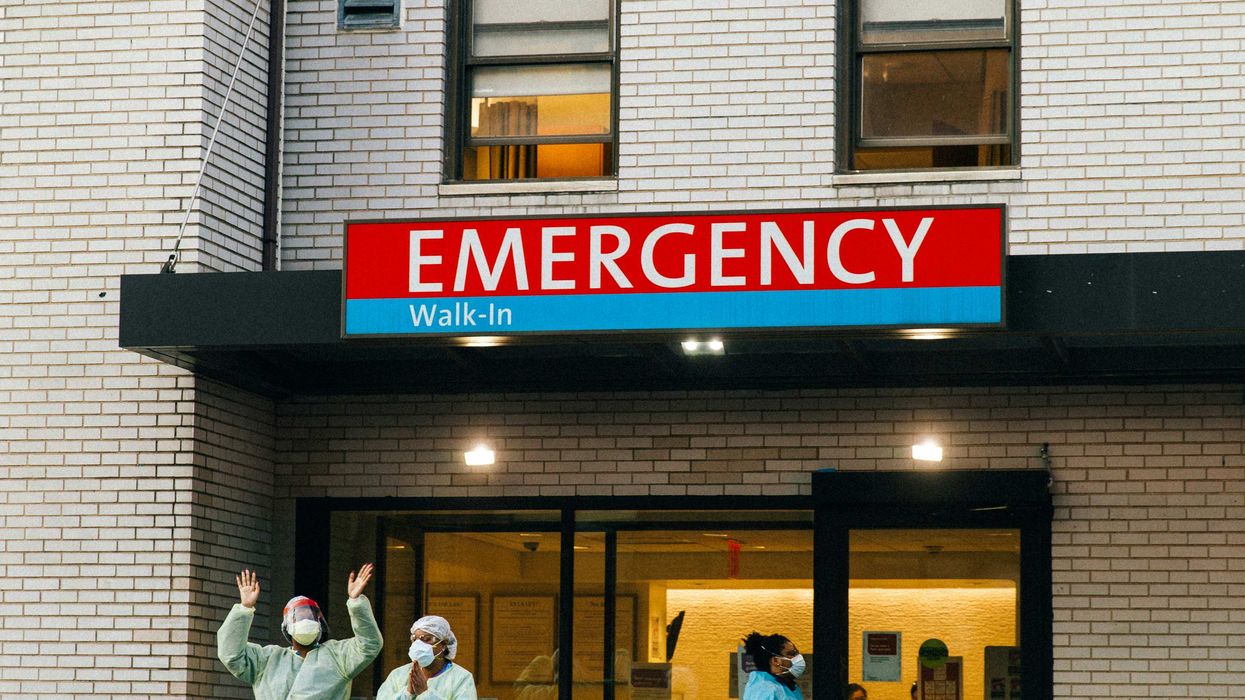This woman decided to spend $14,000 for a gastric bypass after being left mortified when she found it “physically impossible" to sit up to spit and rinse at a dental check-up.
Once Gabrielle Pannaman hit 40, she noticed her weight fluctuating. It was starting to affect her mood and her lifestyle. As time went on, she also started to feel sluggish and fatigued, and in summer 2013, tests revealed that she had type two diabetes.

In a terrible catch 22, she claims that the medication she was prescribed led to yet more weight gain, and by 2017, she had enough of feeling like she had no energy. And, after being left red-faced when she was too big to sit up in the dentist's chair after a routine appointment, she vowed to change.

“Before, I didn't like or love myself very much at all," she said. Explaining her decision to get a gastric bypass. “Now I'm the happiest I've been for as long as I can remember."

“I'd never really had a problem with food, but all that changed as I hit middle age," she said. “As I got heavier, I was feeling really tired and not like myself at all."
In early 2013, Pannaman visited a doctor to discuss her options. There, it was recommended that she try a low glycaemic index (GI) diet – foods that are broken down more slowly by the body, leaving you fuller for longer.
“I tried it for a month, and if anything, my weight went up – not down," she added.
Still struggling with her size, and growing increasingly tired, Pannaman had a series of blood tests in the summer of 2013, which revealed that she had type two diabetes.
“I couldn't believe it when the results came in," she said.
Pannaman began taking daily shots of a drug that stimulates the release of insulin.

Whilst she found she was feeling better in some ways, such as her energy levels, she said her weight was still steadily increasing.
She tried everything from “fad diets" to vigorous exercise – including taking up with a personal trainer – but nothing seemed to be doing the trick.
And by 2016, she needed an alternative.

“I was absolutely soul destroyed," she said. “I couldn't be bothered to even try anymore – I hated the world. I was trying my best, and nothing was working."

“In early 2017, I went back to the doctors. They explained my body was absorbing blood sugar as it should be but, as a result, the cells in my body were storing extra glucose, which eventually turns into fat," she continued. “They said the best solution was to change my diet and exercise regime – but I'd already done that."
Unsure of where to turn next, Pannaman resigned herself to the fact she was facing a losing battle.
“I've always hated the dentist since I was a little girl, but this visit was particularly painful," she recalled. “After the examination, I was given some pink mouth rinse to swirl around before being told to lean forward and spit into the sink. I found it physically impossible to do. I realized then I couldn't carry on like that."

Determined to get healthy, she set up an appointment with a private endocrinologist, a doctor that specializes in hormonal function. In September that year, she was told she was the “perfect candidate" for a gastric bypass.
One of the main types of weight loss surgery, a gastric bypass sees surgeons use staples to create a small pouch at the top of the stomach, which is then connected to the small intestine, meaning fewer calories are absorbed from food and patients feel fuller faster.
According to National Institute for Health and Care Excellence (NICE) guidelines, in order to be eligible for surgery on the NHS you must have either a BMI of 40 or more, or a BMI of between 35 to 40 plus a serious condition that may improve with weight loss, such as type two diabetes.

Patients must also show they have tried all other weight loss methods, and agree to a long-term follow up after surgery.
With a BMI of 31.1, despite having type two diabetes, Gabrielle was ineligible for the surgery on the NHS So, she chose to have the operation done privately at Cromwell Hospital in southwest London.
“My husband was very skeptical and nervous. He was worried how the surgery would impact on our lives," she explained. “Some of my friends agreed, telling me I wasn't that big. But it wasn't just about the weight for me, I knew it would improve my life tenfold."

Up and walking just 45 minutes after coming to from the five-hour surgery, Pannaman was shocked to find how quickly she recovered. But surviving on the recommended all-liquid diet for three months was another battle all together.
“It was no picnic in the park," she said. “I really struggled with the pureed food – it was like baby food. I was living on a diet of hummus and scrambled egg."
But as time went by, the results of the surgery began showing.
“In five months – by which point I was back on solid food – I'd lost nearly four and a half stone. It came off so quickly," she said.

“Doctors have also taken me off my daily injections and, so far, it looks like I won't need to be going back on it. They told me I've reversed my diabetes. The gastric bypass really has changed my life."
According to the charity Diabetes UK, while weight loss surgery does not offer a permanent cure for type two diabetes, there is strong evidence to suggest that it can help some people stop taking their blood sugar medication and put the condition into remission.
And it is not only Pannaman's health which is back on track.
"I used to love fashion, but I would always hide behind casual, baggy clothes," she said. “Now, I love dressing up, wearing fitted, classy clothes. I love to go shopping. If I could, I'd go every day. My mood has improved and I don't have a short fuse anymore – not like I used to."

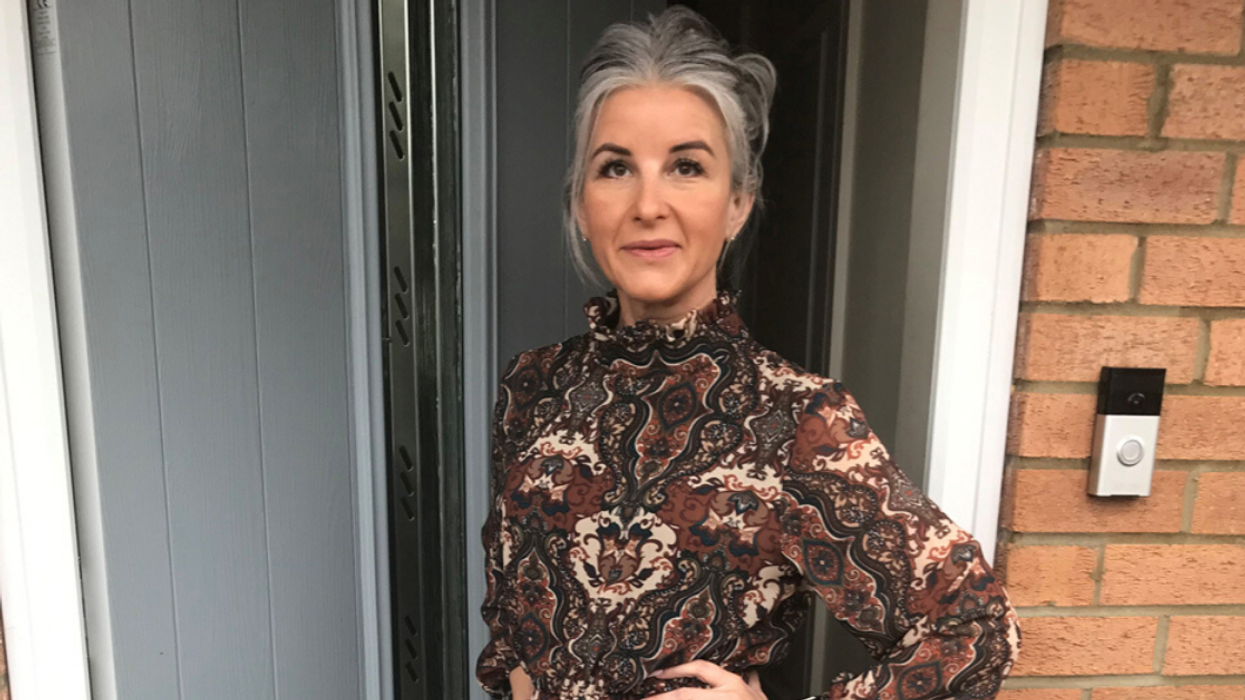


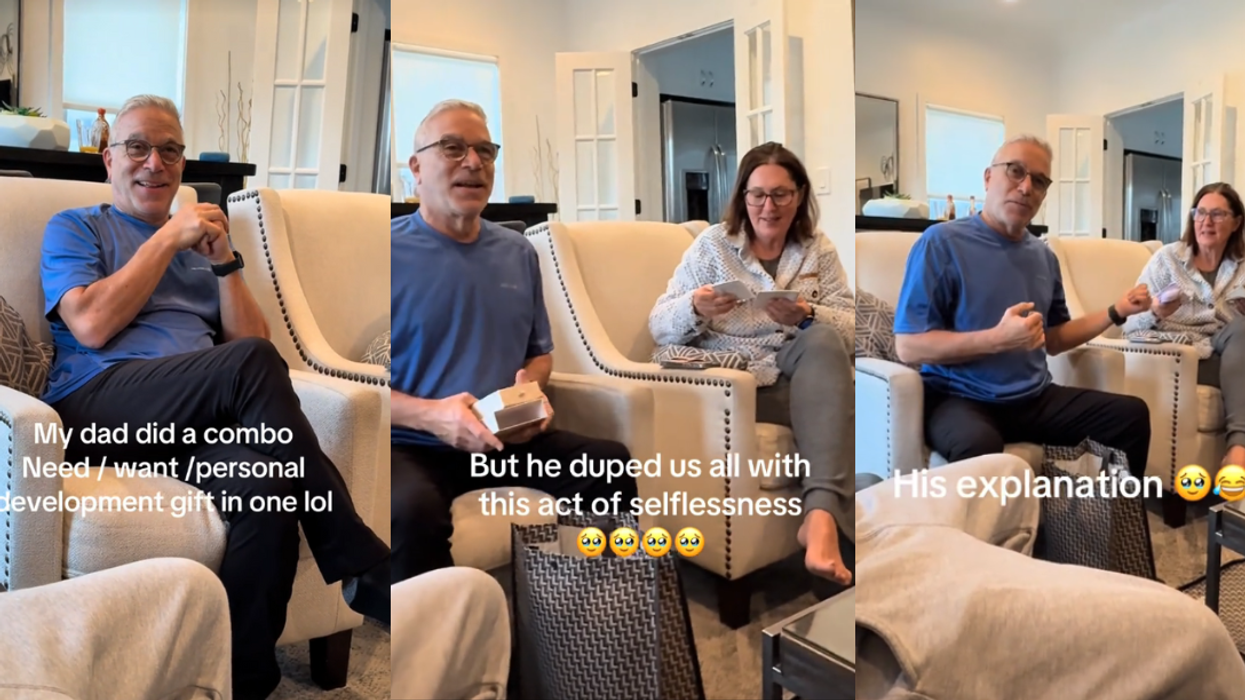









 @xray_media/X
@xray_media/X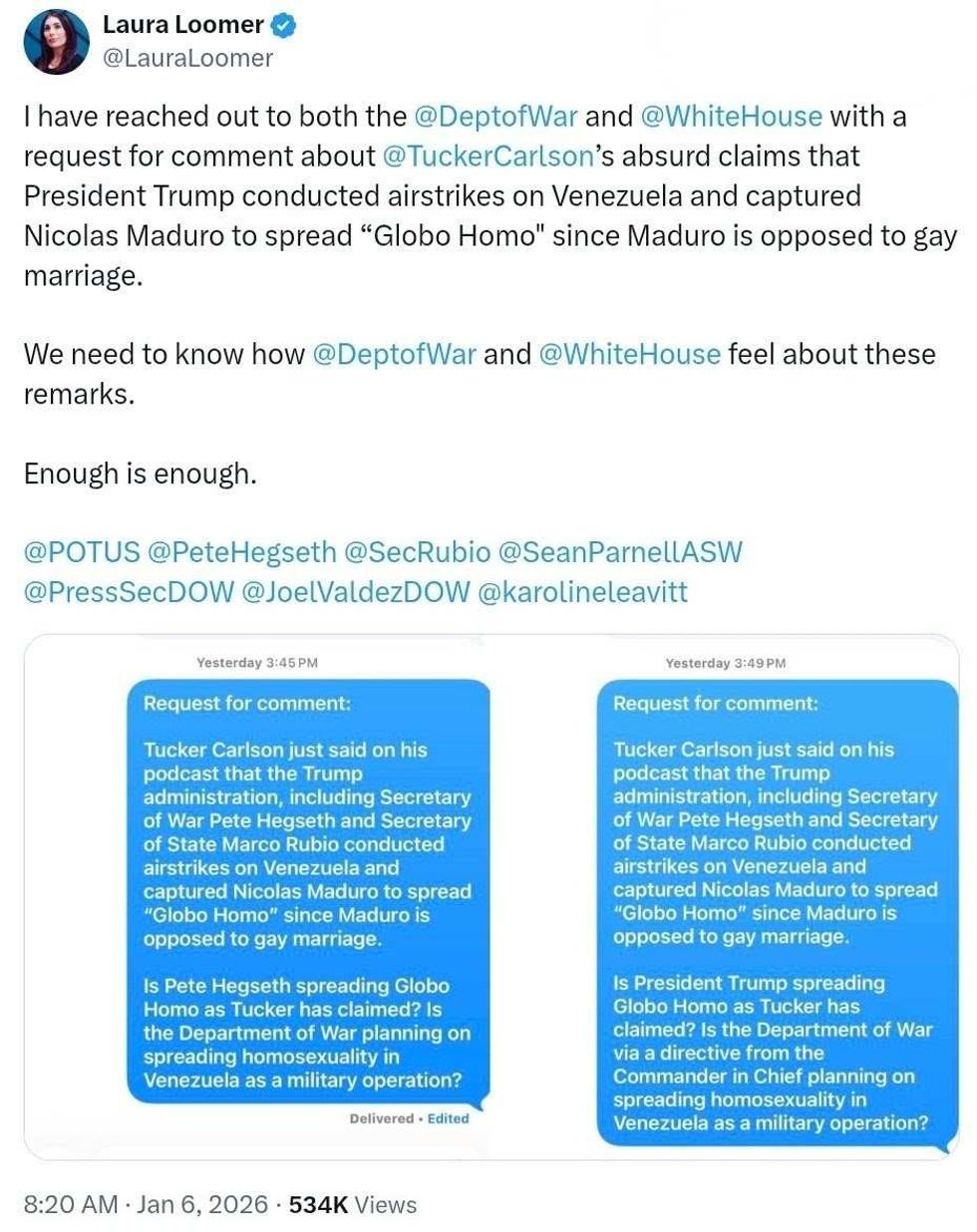 @LauraLoomer/X
@LauraLoomer/X reply to @LauraLoomer/X
reply to @LauraLoomer/X reply to @LauraLoomer/X
reply to @LauraLoomer/X
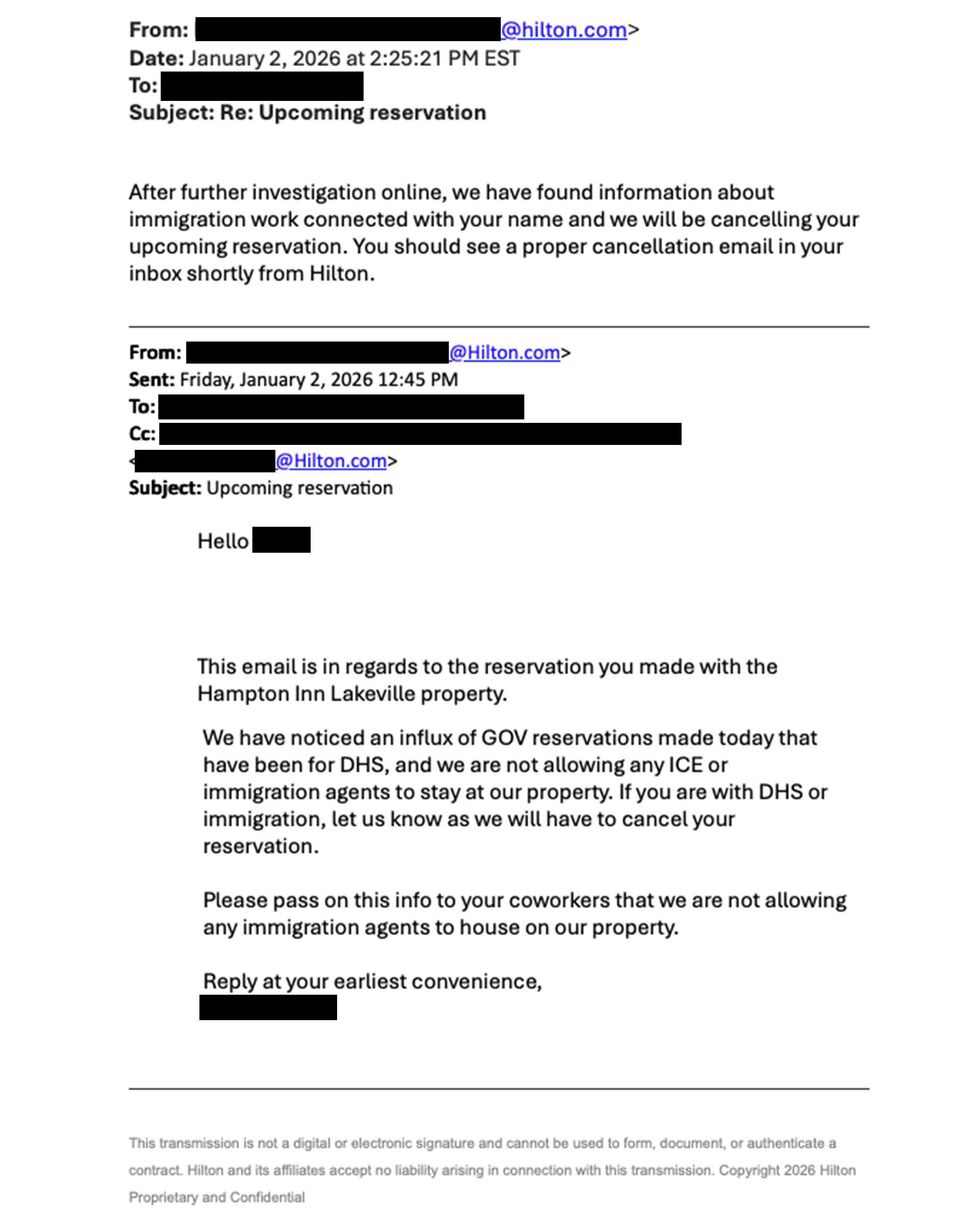 @DHSgov/X
@DHSgov/X